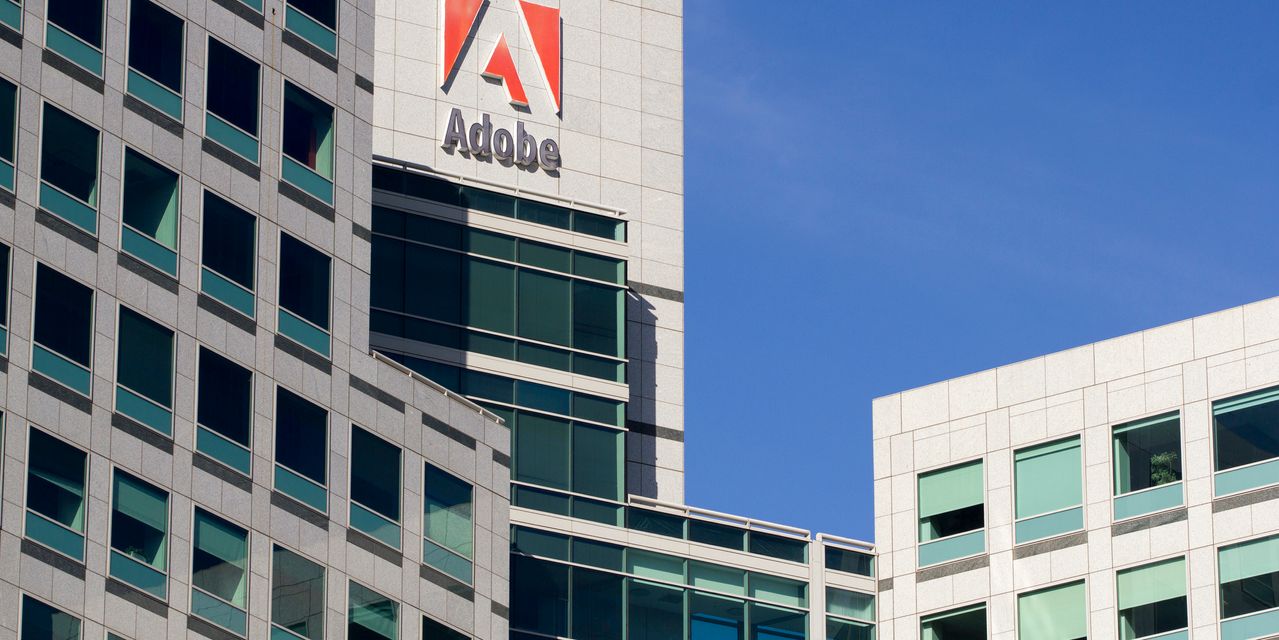With AI among the few things to truly captivate investors this year, more executives, from those at Nvidia Corp. to Walmart Inc.
WMT,
to Stitch Fix Inc.
SFIX,
are talking up ways to harness the technology. One abbreviation they’re mentioning less? ESG.
ESG — or environmental, social and governance investing standards — has grown in popularity, particularly among younger people, as concerns increase about corporate America’s impact on the environment and on the public. The vast majority of the companies that trade on the S&P 500 Index
SPX,
put out reports on their ESG goals.
Between March 15 and June 9, 74 companies in the S&P 500 mentioned the term “ESG” on their earnings calls, according to FactSet. That’s the lowest since the second quarter of 2020, when COVID-19 was top-of-mind, and a broader downtrend from the peak of 156 in the fourth quarter of 2021, when the economy’s reopening and price increases helped drive record profit margins.
ESG’s prominence in corporate America has grown over the past decade. But concerns have increased about so-called “greenwashing” — when a company overplays its socially-conscious commitments. And conservatives have targeted ESG as an emblem of “woke capitalism.”
The exact reason for the less frequent chatter about ESG from executives over the past three months is unclear, and executives through this year were still talking about ESG far more than before the pandemic. But FactSet Senior Earnings Analyst John Butters noted that AI was getting more attention on earnings calls over recent weeks.
“It is interesting to note that while the number of companies citing ‘ESG’ on earnings calls decreased on a sequential basis in Q1, the number of S&P 500 companies citing ‘AI’ on earnings calls increased on a sequential basis,” he said in a report on Friday.
For the upcoming week, only four S&P 500 companies are set to report quarterly results, according to FactSet.
The calls to put on your calendar
Oracle and Adobe, cloud demand and the AI race: IT infrastructure provider Oracle Corp. reports quarterly results on Monday, while digital-design giant Adobe Inc. reports on Thursday. As with other tech earnings, the results will be a story of core-product demand — as the digital surge from the pandemic fades and businesses remain hesitant to splurge on tech — and AI future-gazing, as companies try to retain investor excitement.
Oppenheimer analysts on Friday said demand for Adobe’s
ADBE,
design tools was “currently bruised but not broken.” And they said said that the company’s Firefly AI art generator “has the capacity to dispel the bear case over Digital Media penetration.”
The UBS analysts who follow Oracle
ORCL,
said that IT spending remained “tough,” yet not necessarily any worse, but noted the possibility for Oracle to fall short of its 30% cloud-services growth in the fiscal year. Still, they said that Oracle was likely to play up its cloud-AI partnership with chip maker Nvidia Corp. — seen by Wall Street as one of the main beneficiaries of the AI arms race — and said “the AI story might impact the stock as much as the numbers.”
The number to watch
Lennar and housing sales: Homebuilder Lennar Corp.
LEN,
reports fiscal second-quarter results on Wednesday. The results will come as higher interest rates and higher home prices keep people from buying homes, even as they might prompt more owners to try selling theirs.
The Fed’s tack on interest rates has made for difficult forecasting and, as Lennar Executive Chairman Stuart Miller said in March, a potential “new normal” for homebuyers. He added: “With the Federal Reserve and federal government trying to reconcile the unintended consequences from aggressive interest rate hikes in order to curb inflation, there is simply no way to see around corners and anticipate with certainty what comes next.”
Read the full article here



